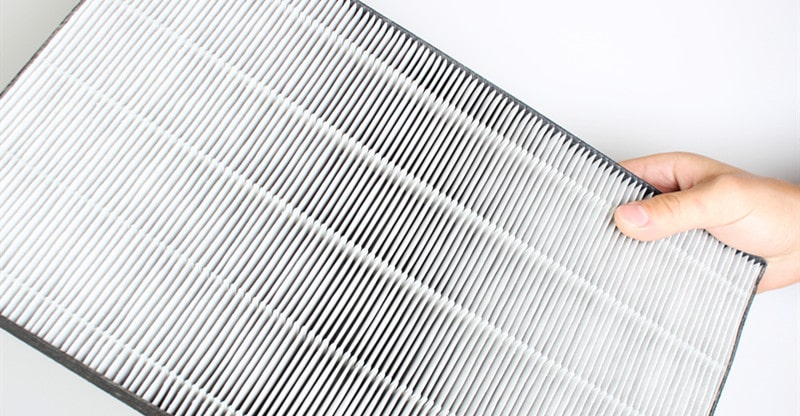Common Uses of Carbon Filters that Every Homeowner Should Know
One of the best ways to maintain good health for you and your family is to ensure high standards of hygiene. But even if you keep everything super-clean around the home, it may not be enough to guarantee good health to your household.
The air you breathe and the water you drink need to be free from contaminants, allergens, and other substances that may be harmful to your health. This is why air purification and water treatment are highly important. If you guessed right, this is where carbon filters come into play.
Well, without further ado, here are some common uses of carbon filters that every homeowner should know.
To Purify Indoor Air
Air filtration is one of the major uses of carbon filters, especially in indoor settings. In addition to volatile organic compounds such as benzene, an activated carbon air filter can help remove a wide range of air pollutants and contaminants, including dust, smoke, mold spores, lint, household chemicals, and even pet hair.
They work best when combined with HEPA filters and remove contaminants through the process of adsorption, where contaminants stick to the surface of activated carbon as the air passes through the filter.
With a carbon air filter system, you and your family or other dwellers in your home will breathe in a cleaner and fresher air that is free from allergens and bad odors. Additionally, if you have some green plants in your home, having a carbon air filter is a great way to ensure their healthy growth.
According to Gary Stephen from MyGardenPlant, you can even make your own filter for your grow room if you’re a bit short on budget. You just need to have the right materials, get your measurements right, and follow the steps provided in Gary Stephen’s article. The best thing about activated carbon filters is that unlike conventional filters, they also get rid of nasty odors that may be coming from various sources around the home.
They’re also great for homes where there’s a smoker, gasses from drying paint, kitchen products, and even gases from household cleaning products. In a nutshell, a carbon filter can help purify indoor air by removing:
- Allergens such as mold spores, pet hair, dust mites, and pollen
- VOC contaminants like xylene, toluene, and benzene-related gases
- Nasty odors from various sources
In Water Purification
Water is one of the most essential “chemicals” of life. Ensuring that your water is free from contaminants and pollutants will go a long way in ensuring your family’s health. In water filtration and purification systems, the filters contain granular activated carbon (GAC), which effectively gets rid of various organic chemicals from water along with other impurities.
In the process, the carbon filter also helps improve the taste and smell of water as it eliminates compounds such as hydrogen sulfide and excessive chlorides. The slight downside, however, is that carbon filters may not remove mineral elements like iron, calcium, potassium, and nitrates, which makes reverse osmosis filters a great alternative especially if you’re dealing with hard water.
These uses are just the tip of the iceberg, as carbon filters have several other applications. They are known to be the most common and made use of by the greater population. However, the applications are truly endless.
For instance, they’re used to make respirator masks, which are apparently being sort after by almost all governments in the wake of 2020’s COVID-19 pandemic. They’re also used in sugarcane purification, precious metal recovery, and in cigarette filters, as well as car EVAP systems to control emissions to the environment. With that in mind, don’t you think it’s about time you install one for your home?



